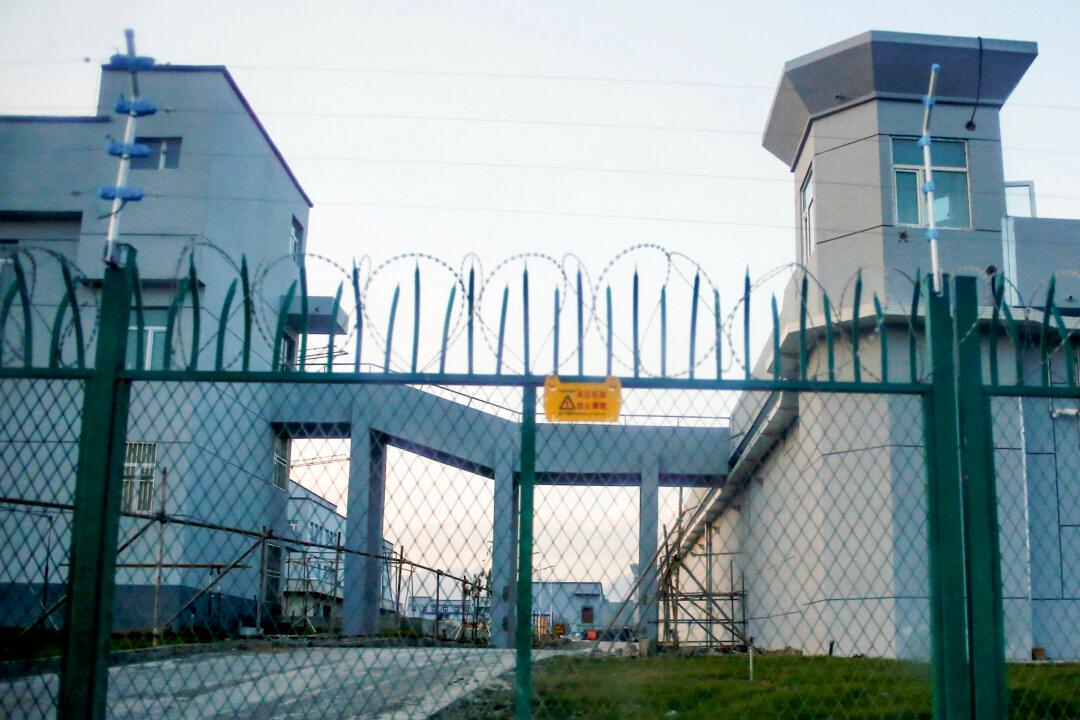Canada’s Ambassador to China raised human rights concerns with Chinese officials during a recent visit to a province known for suppression of Uyghur minorities and forced labour practices, Global Affairs Canada said.
Ambassador Jennifer May engaged with Ma Xingrui, Xinjiang party secretary and the province’s top leader within the Chinese Communist Party (CCP), during the three-day trip beginning June 19, according to a June 23 press release.





